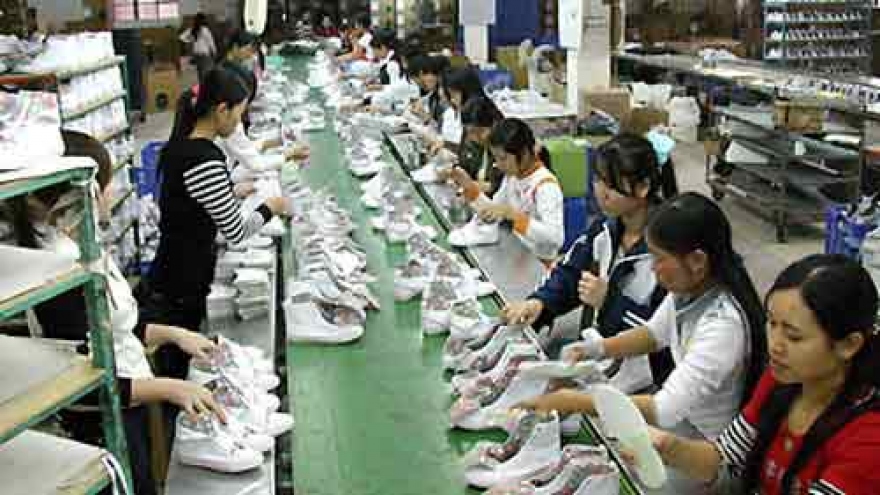Many cheated buyers don’t complain
Up to 44 percent of consumers whose rights were violated when purchasing goods do not report the problem, the Ministry of Industry and Trade’s Vietnam Competition Authority (VCA) reported on August 12.
 |
More than a half of those surveyed said their rights and benefits were violated at least one time when purchasing goods.
Phan The Thang, deputy head of VCA’s Office for Consumers Right Protection, said the number of complaints in the food and beverage sector was highest, accounting for 20 percent of the total, followed by electronic home appliances with 13 percent, and daily necessities with 13 percent.
“The results were not surprising given the problem of unsafe foods, weak guarantees of electronics, and troubles with mobilephones and telecommunication services,” Thang said.
The survey also found that 25 percent of consumers were sold low-quality products, 18 percent were disturbed by unwanted marketing and advertisements, 16 percent were cheated in the quantity of goods they bought, and 12 percent believe their products were fraudulent in origin.
Fraud in expiration dates also accounted for 10 percent of the total, while lack of product guarantees accounted for 7 percent.
However, the respondents did not complain about the violations due to the low value of the deals (39 percent) or complicated claim procedures (22 percent). In addition, up to 11 percent of consumers were not aware of agencies that could help them resolve their complaints.
Only 20 percent of the respondents chose to ask for support from consumer protection agencies and 36 percent of the total complained directly to businesses.
Most of those polled said Government agencies had not been effective in resolving their complaints (43 percent), due to complicated administrative procedures (27 percent) and ineffective supports from officials (21 percent).
Pham Que Anh from the Deutsche Gesellschaft for International Zusammenarbeit (GIZ) said consumers are aware of their rights as over 70 percent of the surveyed people know the Law on Consumers Rights Protection.
“However, the importance is to implement the rights,” Anh said, adding that consumers haven’t known how to do so.
She suggested that the market management departments and associations for consumer rights protection should build an information database on complaints.
On the other hand, she said management authorities should apply a modern process in resolving complaints to help poor people and those in remote areas access it.



